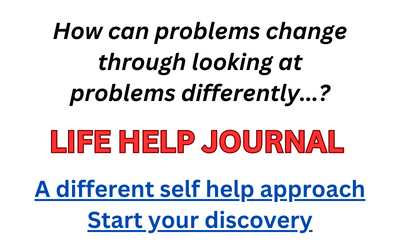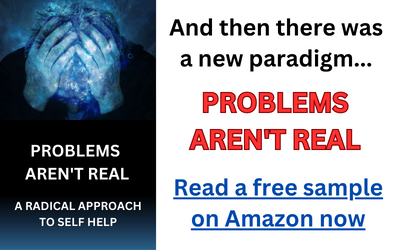Practicing the Power of Now: Essential Teachings, Meditations, and Exercises From The Power of Now is Eckhart Tolle’s follow-up to his extraordinary work The Power of Now. The Power of Now is, in my opinion, one of the most important works ever produced and I recommend it strongly.
Having said that, if I were asked to recommend one of the two works I’d choose Practicing the Power of Now: Essential Teachings, Meditations, and Exercises From The Power of Now over the Power of Now. Why?
Practicing the Power of Now is a concentrated version, if you will, of The Power of Now. The wording of the two works, in fact, is identical in many instances. It’s almost as if Eckhart Tolle scaled down slightly The Power of Now and then re-packaged it as a new work. This may bring up cynical notions of what Tolle’s motivations are (financial gain, etc.) but I personally don’t engage in this because Practicing the Power of Now offers such insightful and helpful information.
The central ideas of both The Power of Now and Practicing the Power of Now are not Eckhart Tolle’s original thinking: they are insights that go back thousands of years, to the times of Jesus and The Buddha, and even before. What Tolle does, and he does it very well, is present these insights for mass consumption: easily understood and applied for virtually anyone.
If I do have a criticism of both The Power of Now and Practicing the Power of Now, and again they are extremely similar works, it’s that they offer up a variety of remedies for ending suffering and improving the life experience. Each of these remedies leads to the same outcome, which I’ll discuss in a moment, but the choice variety may lead to some uncertainty (as it did for me when I initially considered the works).
Which of the methods should I use?
I also didn’t fully understand at first that all methods within the two works provided the same outcome, as Tolle sees it. This didn’t become clear to me until I went back to the works a second and even third time. I then finally “got it”.
The essential process that Tolle advocates for ending suffering and improving life, and I agree with him on this absolutely, is a quiet mind. Another way of expressing this is to see the voice inside your head become silent.
It’s that simple.
There is a very strong tendency to believe that suffering and unhappiness are the result of complex external events: this happened and so I suffer, this is not happening and so I suffer. The reality is however — and you can take this to the bank — life is an inside job. It is not external events, ever, that cause unhappiness and distress: it is the interpretation of events that causes unhappiness and distress.
It is the voice inside your head judging, criticizing, comparing, analyzing, complaining — this is good, this is bad. When this voice is silent and the mind becomes quiet the suffering and distress stops, and is replaced by peace and contentment. The external world and events happening in the external world is always secondary. If you are looking for peace and happiness do not look outward — look in.
There is the issue as well of wanting to improve life circumstances, whether this has to do with money, health, relationship, or whatever else. Conventional reasoning says that external conditions make for internal peace and happiness. In fact the opposite is true: when there is genuine internal peace and contentment then external circumstances improve, often with little to no personal effort.
Most people would deny this logic absolutely — they are certain that internal peace will come after this or that external event has occurred. And they would likely deny as well that external conditions are moved by the internal state, believing instead that one has to manipulate external conditions in some way or another to make change.
If you are one of the certain ones about the external bringing peace and happiness, and that out moves in and not vice versa, neither the Power of Now norPracticing the Power of Now: Essential Teachings, Meditations, and Exercises From The Power of Now will hold much appeal. If you are at least open to the idea that the sequence of happiness and change actually moves from the inside out rather than outside in, Practicing The Power of Now makes a superb case while also showing the way to make it happen.
Find Practicing the Power of Now Here.

